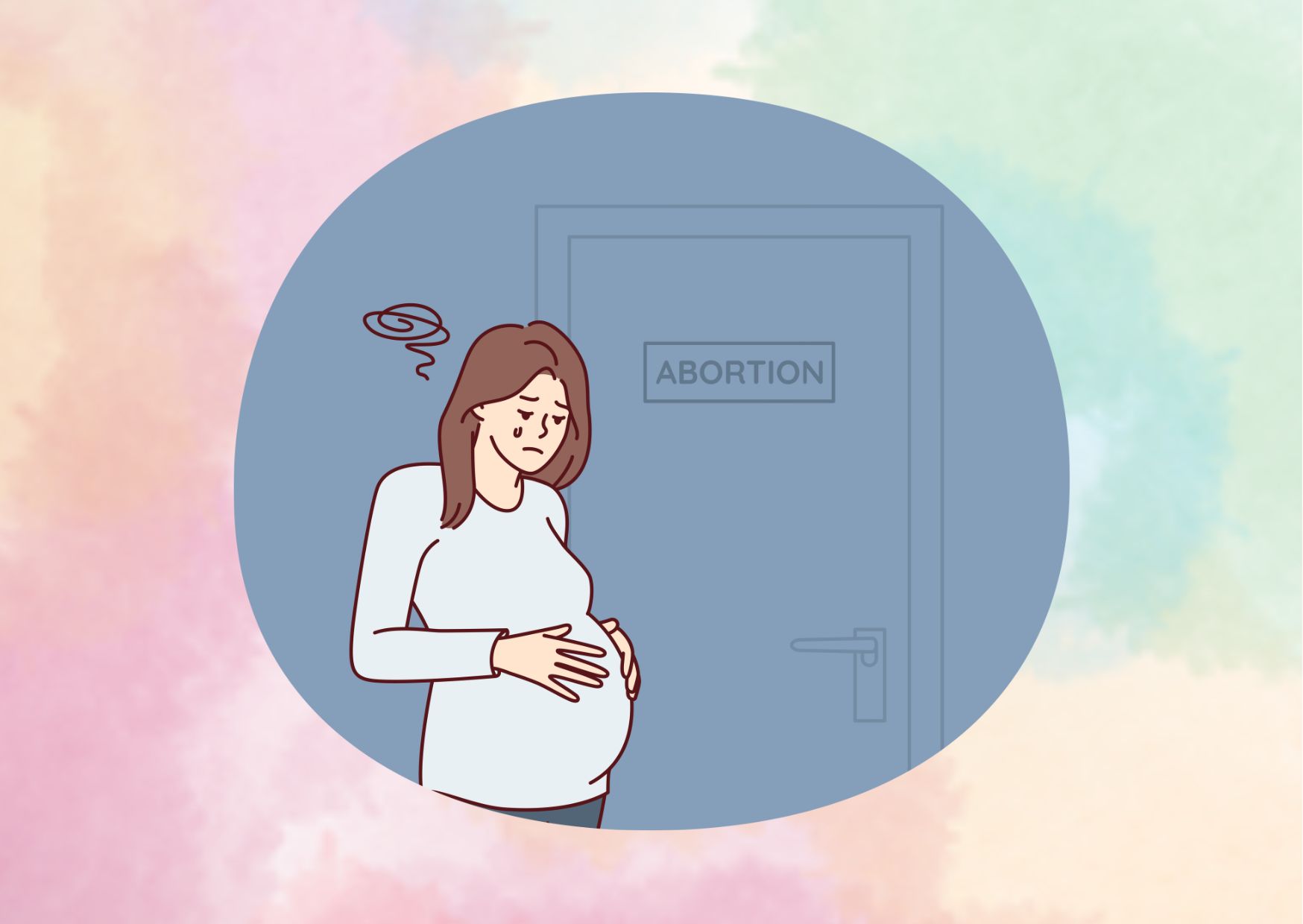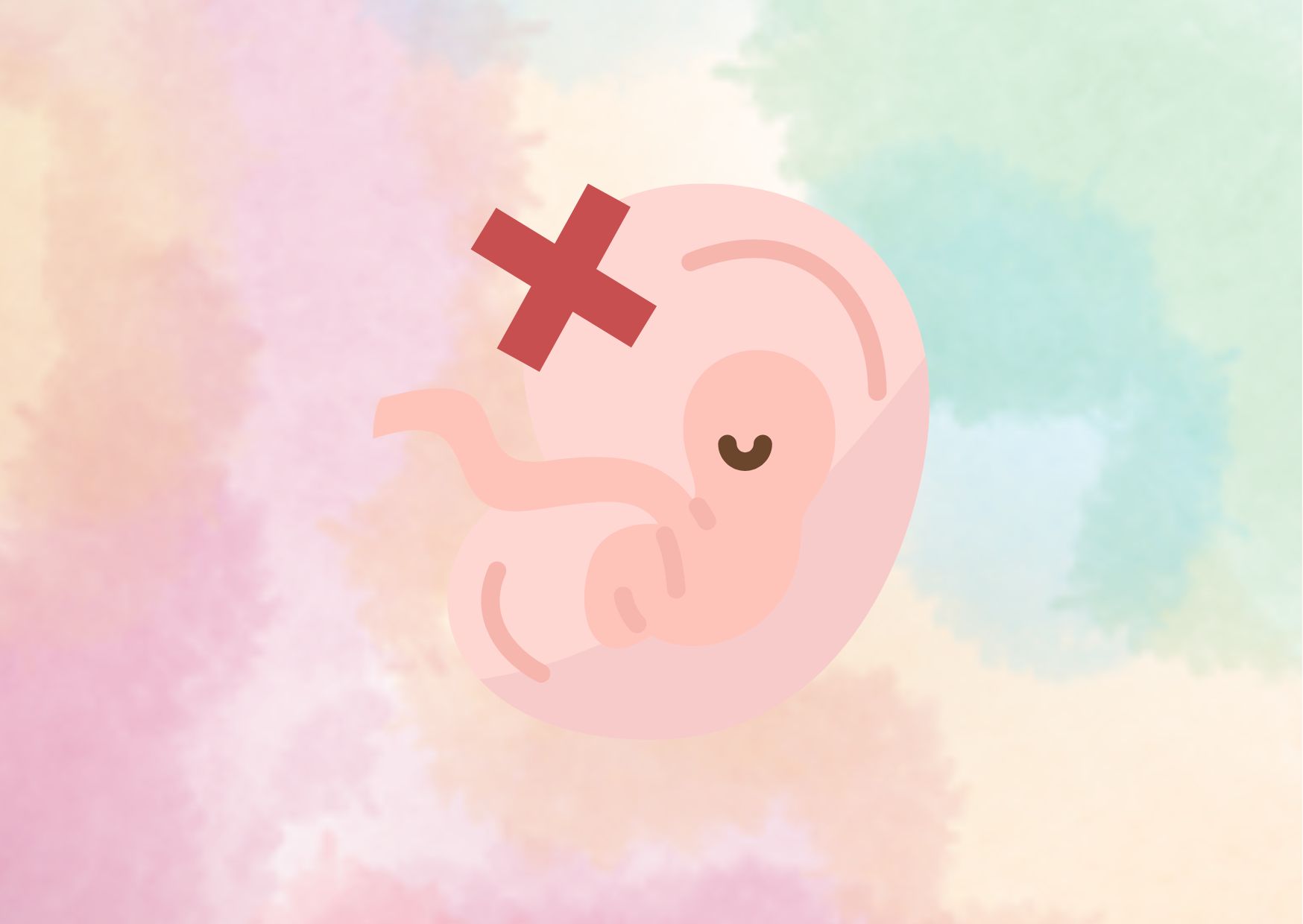10 Ways How Miscarriage Can Affect Your Relationship: A Deep Dive
The experience of miscarriage, the undesired loss of a pregnancy before 20 weeks, can profoundly impact a couple’s relationship. While miscarriages occur in around 15% of pregnancies, navigating the emotional turmoil of this loss can strain even the strongest bonds. Every individual grieves differently, and partners may find themselves at odds over coping mechanisms, intensifying an already distressing situation.
This article delves into the intricacies of how a miscarriage can affect a relationship, exploring the diverse emotional landscapes couples traverse. We’ll examine the potential rifts that may arise, signs of miscarriage to watch for, the challenges in rebuilding intimacy, and strategies for couples to honor their loss while fortifying their connection. By understanding the nuances of this experience, partners can foster greater empathy and establish a supportive foundation for their relationship’s journey ahead.
Understanding the Impact of Miscarriage
The experience of miscarriage can have a profound emotional and psychological impact on both partners in a relationship. It is a deeply personal and often traumatic event that can strain even the strongest bonds.
Emotional Toll
A miscarriage is a significant loss that can trigger a range of intense emotions, including grief, sadness, anger, guilt, and anxiety. While every individual processes this loss differently, it is not unusual for couples to drift apart as they navigate their grief. Some may isolate themselves to cope, while others seek distractions or become consumed by “what-if” questions and self-blame. These differing coping mechanisms can lead to misunderstandings and create friction within the relationship.
Physical and Psychological Effects
In addition to the emotional turmoil, a miscarriage can have physical and psychological consequences for the woman. As early as the fourth week of pregnancy, hormonal changes can alter a woman’s body, leading to weight gain, nausea, fatigue, and other symptoms. This can foster a deep connection with the pregnancy and a sense of caring for the new life. When a miscarriage occurs, it can breach this bond and lead to negative emotions toward one’s body, such as anger, guilt, or frustration.
Depression and anxiety are common after pregnancy loss, and these feelings can persist for up to a year or longer, especially if the pregnancy was long-awaited. The physical experience of a miscarriage, often described as “the worst period of your entire life,” can further exacerbate the emotional distress.
Differing Coping Mechanisms
One of the significant challenges couples face after a miscarriage is the potential for differing coping mechanisms. While some may seek support and openly express their emotions, others may withdraw or suppress their grief reactions. This disparity can create a sense of disconnect within the relationship, leading to feelings of isolation or misunderstanding.
Research suggests that men tend to grieve less intensely than women after a pregnancy loss, potentially due to societal expectations and stigmas surrounding male emotional expression. However, this does not negate the psychological impact on men, as studies indicate a significant risk of anxiety and depression in male partners following a miscarriage.
It is crucial for couples to communicate openly about their individual experiences and coping strategies. Understanding and respecting each other’s grieving process can foster empathy and strengthen the relationship during this challenging time.
Navigating Relationship Dynamics
Navigating the complex emotional landscape after a miscarriage can be challenging for couples. Open and empathetic communication is crucial to maintaining a strong bond during this difficult time. However, several barriers may hinder effective communication and create misaligned grieving processes.
Communication Barriers
Miscarriage can be an emotionally charged and sensitive topic, making it difficult for couples to express their feelings openly. Some may fear a lack of empathy or understanding from their partner or support network. This can lead to bottling up emotions and feeling isolated in their grief.
“I would love to talk about anything miscarriage related, wanting a baby, planning a baby, adoption, everything, with my family but will not. I don’t think the response would be what I need.” (Participant quote)
Additionally, societal expectations and gender norms can contribute to communication barriers. Some partners, particularly men, may feel pressured to suppress their emotions and prioritize supporting their partner over expressing their own grief.
“Phrases like ‘when you have kids’ are extremely hurtful. We are parents in a different way.” (Participant quote)
Misaligned Grieving Processes
Couples may experience misaligned grieving processes due to differences in emotional attachment and coping mechanisms. Women tend to form a strong emotional bond with the pregnancy early on, while their partners may take longer to develop a similar attachment. This disparity can lead to misunderstandings and feelings of disconnect.
“Keep in mind that your partner is less likely to have developed an attachment before 20 weeks. This is normal emotional development and not an indicator that he does not care for the baby.” (Expert advice)
Furthermore, gender stereotypes often play a role in how individuals grieve. While some women may seek emotional support and open communication, their partners may prefer activities or distractions as a coping mechanism. However, it’s important to recognize that these are generalizations, and individuals may grieve differently regardless of gender.
Intimacy and Sexual Challenges
Physical intimacy and sexual activity can be a sensitive topic after a miscarriage. While some couples may feel ready to resume sexual activity within a few weeks, others may need more time to heal emotionally and physically.
“Though your body might be ready to return to sex after a miscarriage, are you?” (Expert advice)
It’s crucial for couples to communicate openly about their readiness and boundaries regarding intimacy. Feeling pressured or rushing into sexual activity before both partners are emotionally prepared can further strain the relationship.
Couples may find alternative ways to express intimacy and closeness, such as hugging, cuddling, holding hands, or engaging in non-sexual activities like dates or long conversations. Seeking professional support, such as counseling or therapy, can also help couples navigate these challenges and rebuild emotional and physical intimacy at their own pace.
Coping Strategies for Couples
Navigating the emotional turmoil of a miscarriage can be challenging for couples. However, by adopting effective coping strategies and fostering open communication, partners can support each other through this difficult journey and strengthen their bond.
Open and Honest Dialogue
Acknowledge and validate the emotions both partners are experiencing. Understand that grief and loss affect individuals differently. Create a safe space for open and honest communication, allowing each other to express their feelings without judgment. This safe space allows both partners to freely express their feelings without judgment or criticism. It’s essential to listen to each other attentively and without interruption, providing undivided attention and support. Encourage open dialogue and assure one another that their emotions are valid and respected.
Validating each other’s emotions helps to build trust and strengthens the connection between partners. It allows both individuals to feel heard and understood, promoting a sense of emotional safety within the relationship.

